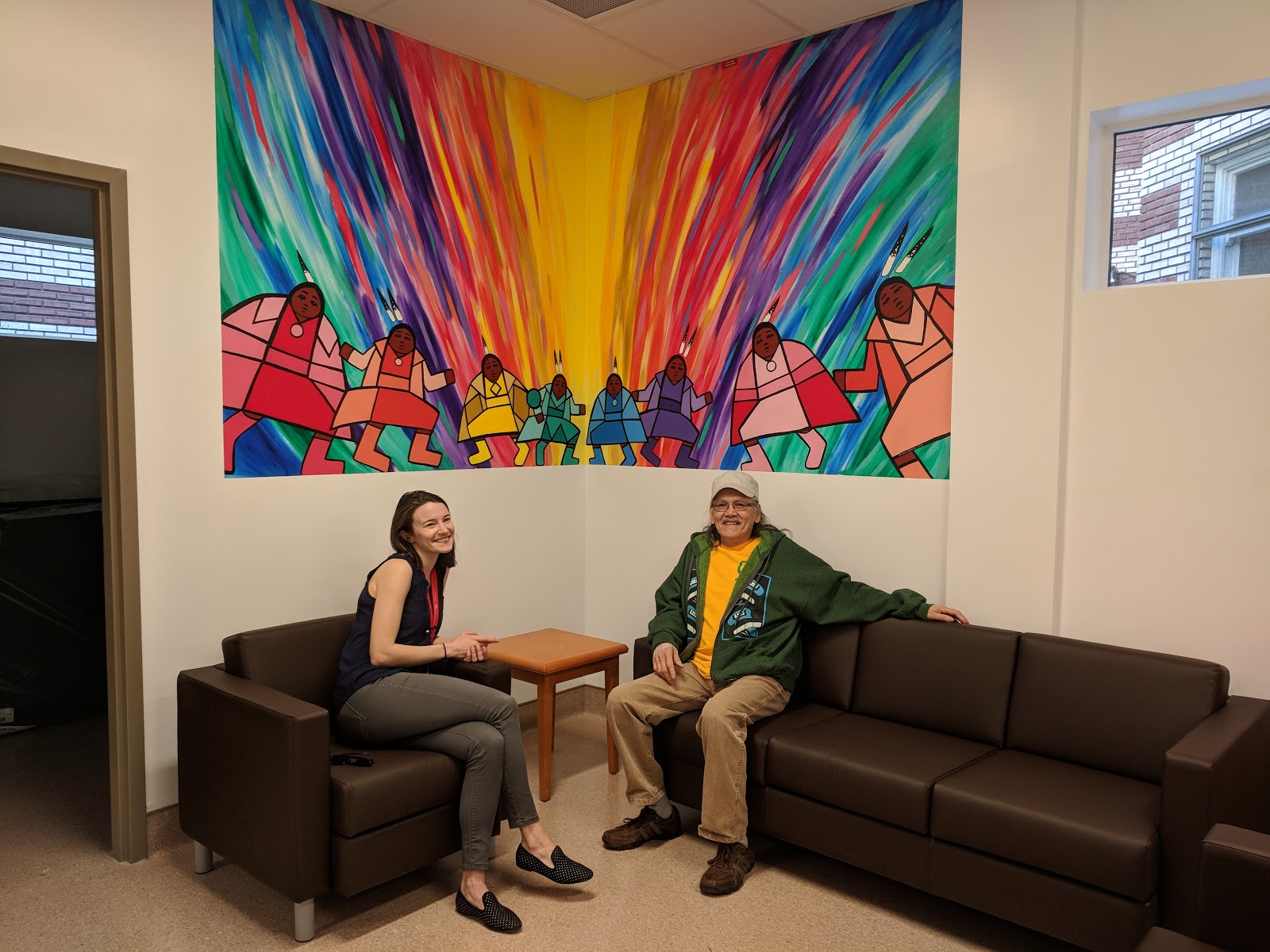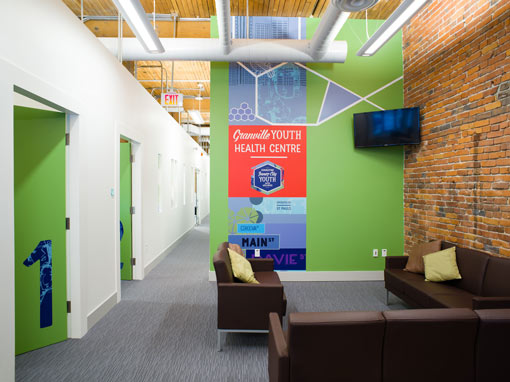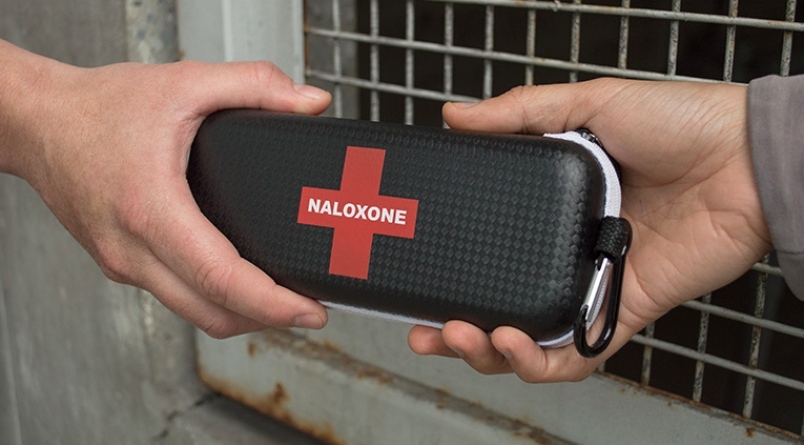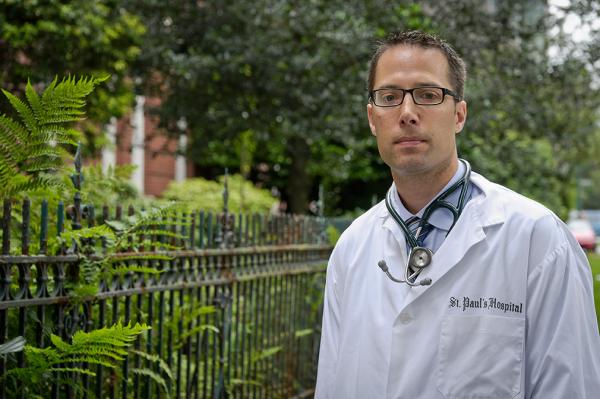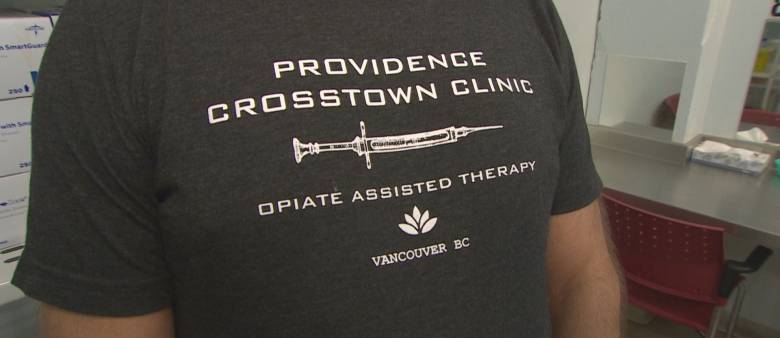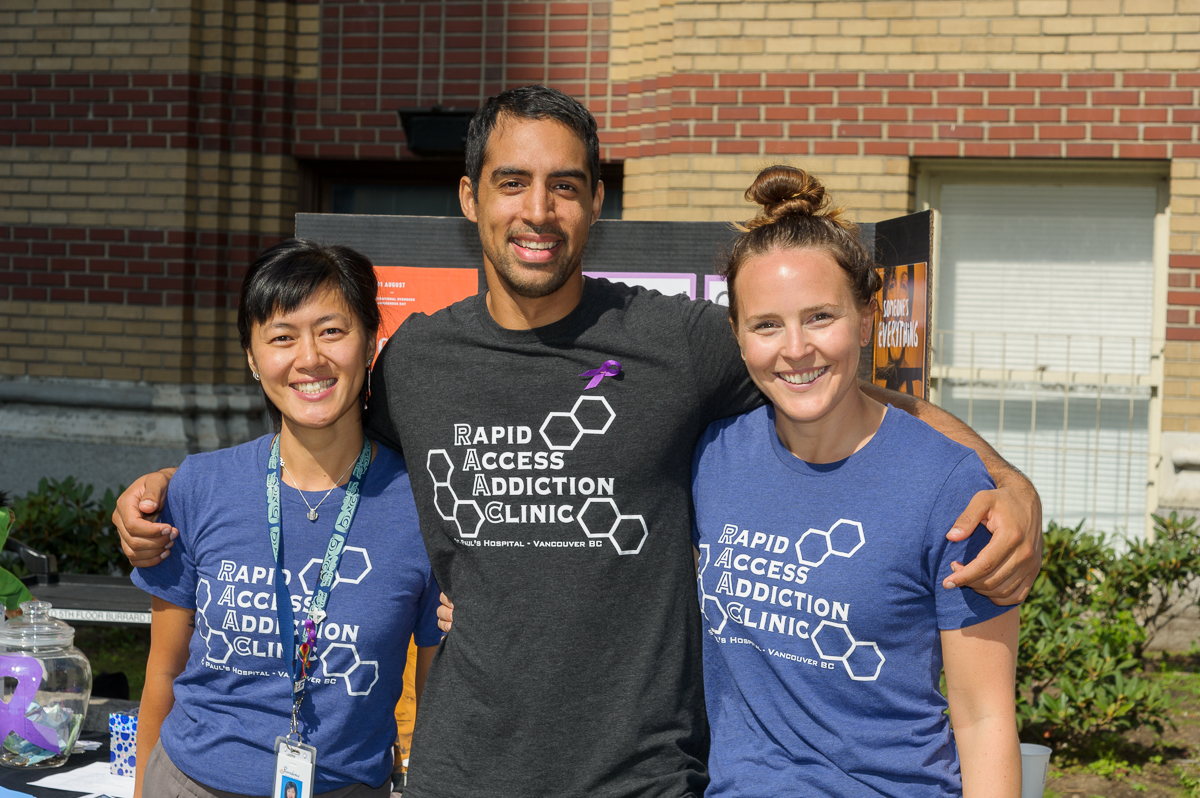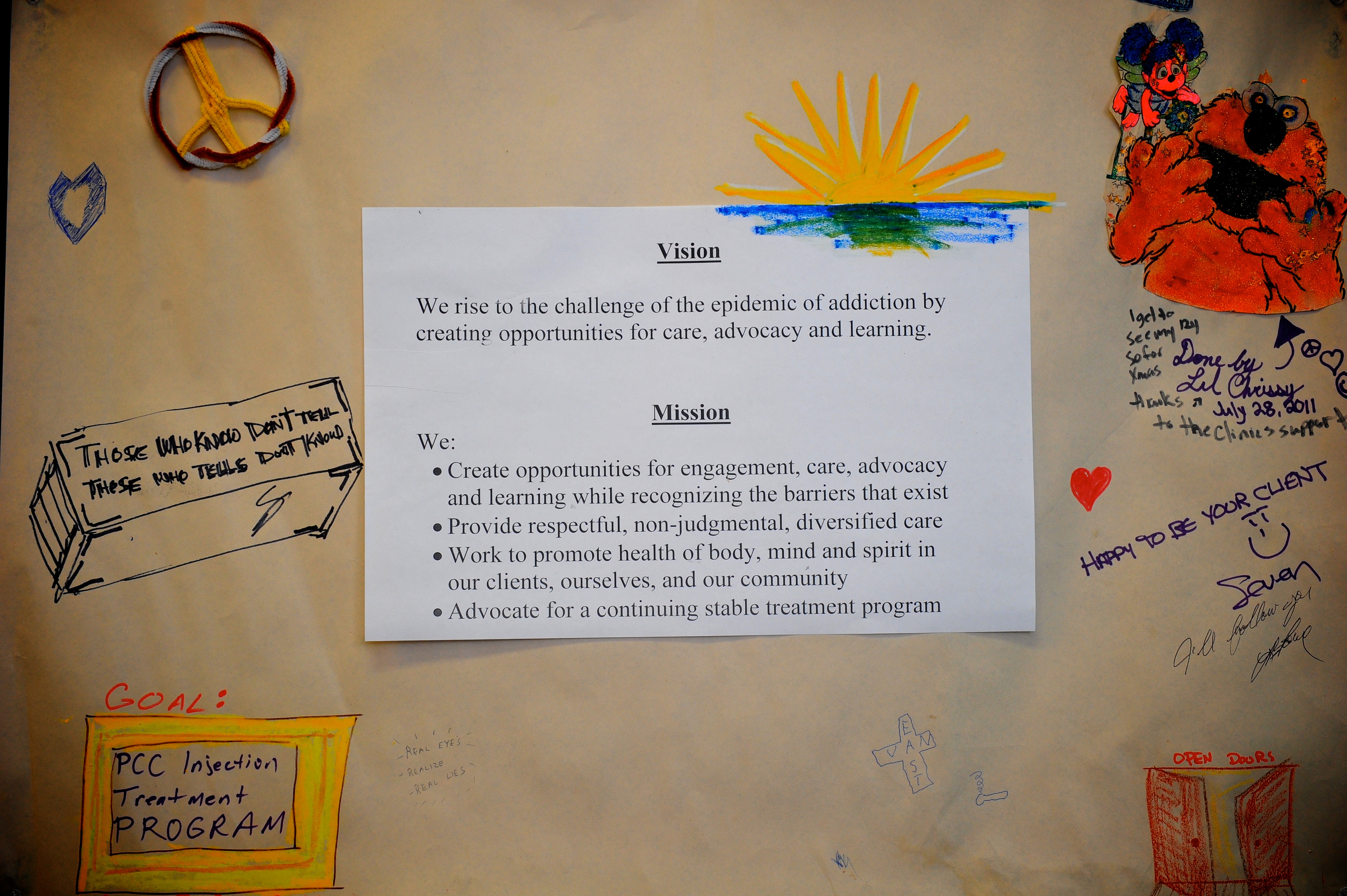Tackling one crisis with the learnings from another
Experts who lived during the AIDS epidemic are using their knowledge to help stem the tide of opioid deaths.
Potentially worse than the lives lost to the AIDS epidemic is the idea that nothing was learned from these deaths that can help us in our current health crisis. This is what makes the Best-practice is Oral Opioid agoniSt Therapy Collaborative – or the BOOST Collaborative – so meaningful.
The BOOST Collaborative is a new pilot project created by the BC Centre for Excellence in HIV/AIDS (BC-CfE) at St. Paul’s Hospital, in partnership with Vancouver Coastal Health, aimed at reaching those receiving suboptimal treatment.
The first program of its kind in Canada, the BOOST pilot will see teams of medical professionals and other front-line staff regularly check in on thousands of people in the city on opioid-substitution therapy with the goal of making sure they don’t miss a day of treatment.
Oral opioid replacement works well, but only if the health care workers can find the patients who needs them.
“Retention rates in opioid therapies are as low as 30 per cent in Vancouver,” says Dr. Rolando Barrios, assistant director at the BC-CfE. “So no wonder people are still using and people are still dying from overdose.”
These high drop-off rates for people on treatment are due to some of the same obstacles seen during the AIDS crisis. Increased outreach and more time engaging clients made a difference combating HIV/AIDS, which is why the BOOST pilot is starting to take a similar approach with opioid users. About 20 teams of three people each – comprising physicians, nurses, nurse practitioners, counsellors and others – will work together to make sure patients are receiving their medication.
So, for example, if a patient misses their daily dose of methadone, their pharmacist would alert their assigned team, who would then phone or visit them. Continued treatment still hinges on the consent of the patient.
The initial phase of the pilot will run through July 2018, with the first formal data expected in the winter.


